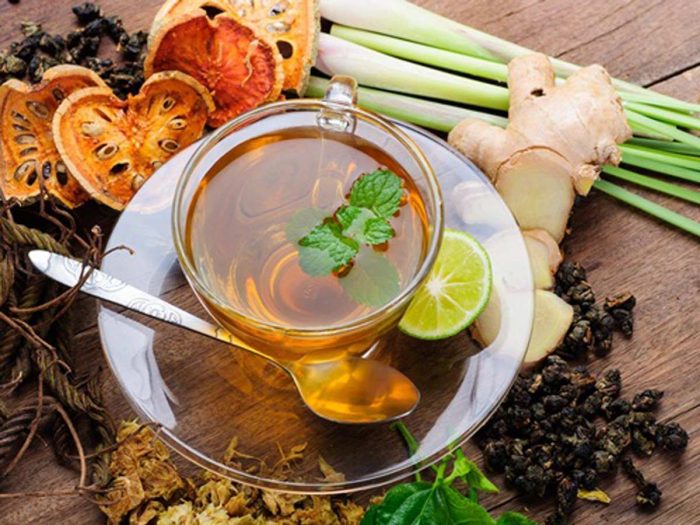The tea industry is huge because people are now
gravitating towards healthier lifestyle. The first step is to create, register and
label the product. You need extensive testing to check for side effects.
Health
Risks
Despite claims herbal products have some health risks. Herbal
teas are generally safe however some contain alkaloids.
Some common side effects are nausea, dizziness and
vomiting. Medical herbs are abortifacients and unsuitable for pregnant women.
They are also issues of contaminants in the products.
- Nausea
- Dizziness
- Vomiting
- abortifacient
- tea bag making.
- The herbal oil production

Herbal Tea Composition
The ingredients in herbal teas are different based on the
manufacturer specification. Common ingredients are dried elderberries, ginger,
apple and papaya. Others are cardamom, mallow, lemon grass and peppermint.
- dried elderberries
- ginger
- apple
- papaya
- cardamom
- mallow
- lemon grass
- peppermint
Types
of Herbal Tea
There are different verities of herbal tea. You have Coca
tea, burdock, bee balm and cinnamon. More include Chinese knot-weed, Boldo,
Fennel, Dill and Ginseng.
- Coca tea
- Burdock
- bee balm
- cinnamon
- Chinese knot-weed
- Boldo
- Fennel
- Dill
- Ginseng
Supplies
You need a steady supply of raw materials. Make sure you
use quality herbs and spices. Common sources are organic farmers, supermarkets
and grocery stores.
Register
the Business
Register the business as a Limited Liability Company. You
need liability insurance and tax identification number.
You can patent the products name and include indications
on the packaging. Register the product with National Food and Drug
Administration (NAFDAC).
Build
an Ecommerce Website
You need an ecommerce site to sell your products. The
site could target a geographical location or the world.
Select a domain name and host plan to build your website.
Add images of the product, description, ingredients and price. Include an
office address, email and telephone number.
Funding
The amount of money you need depends on your business plan.
The funding goes into supplies, equipment, manufacturing and marketing.
Get funds through target savings or borrow from friends
and family. Try bank of industry or any commercial bank
Herbal
Medicine Regulation Pertaining to Advertisement
The National Food and Drug Administration is the
regulatory agency for herbal products. They have guidelines for cosmetics,
household products and herbal medicine.
Herbal tea falls in the jurisdiction of herbal medicine.
The herbal medicine should be registered with (NAFDAC). It must be given pre-clearance
and approval by the agency.
The advertisement should not proclaim a cure but shall accurately
present visual, text and general layout. The artwork contains botanical name, dosage
form and place of manufacture.
It should have location address of manufacturer, address
of local distributor and date of first introduction to the market. It needs a
registration certificate, validity period and information to asses risk or benefits.
The package must not have misleading information, half
truths, vague innuendos and false impression. The package shall not contain
words to induce the continuous use of the medicine. A penalty for defaulters is
N50, 000 for individuals and N100, 000 corporate bodies.
Marketing
The marketing requirement is huge because of serious
competition. Place advertisement in newspaper or health/lifestyle magazine. Use
flyers, stickers, posters or banners.










0 comments:
Post a Comment